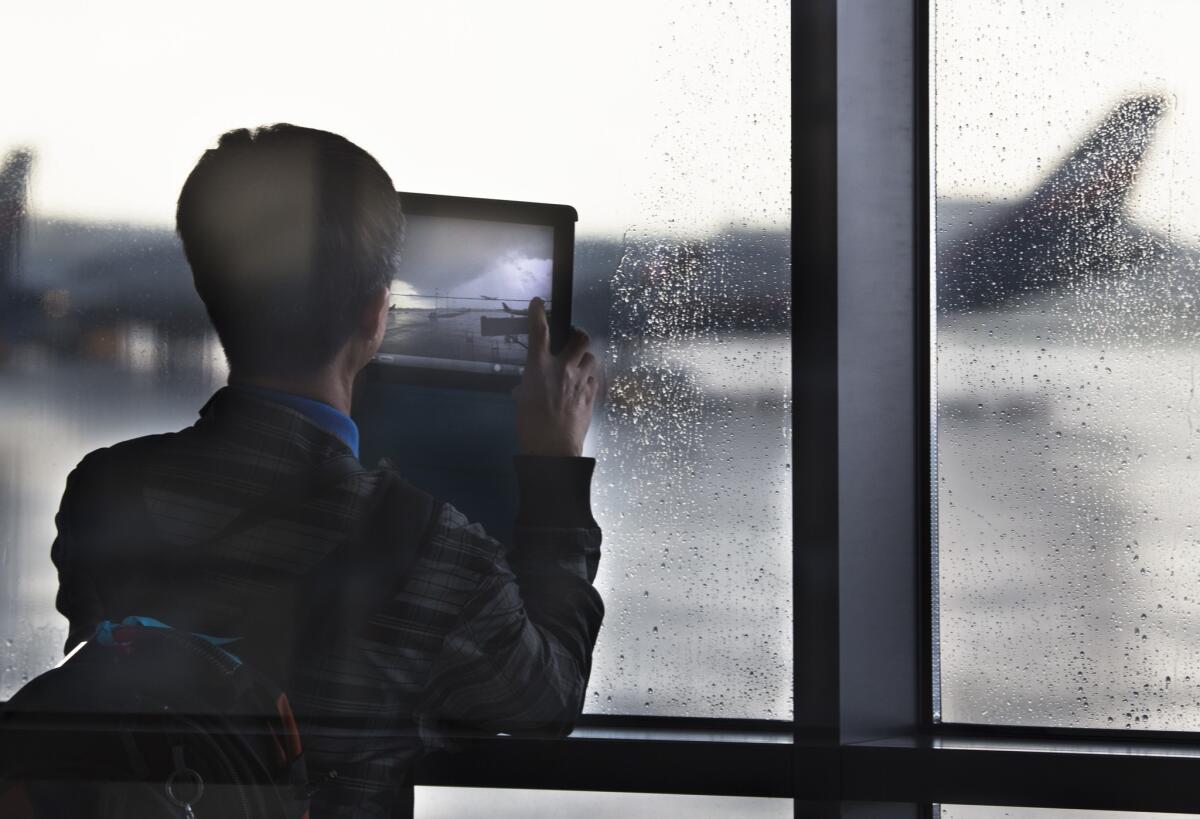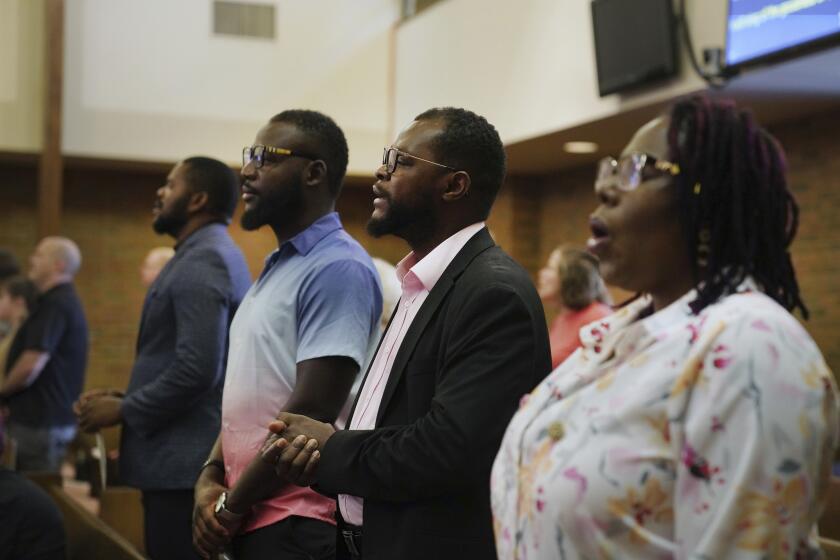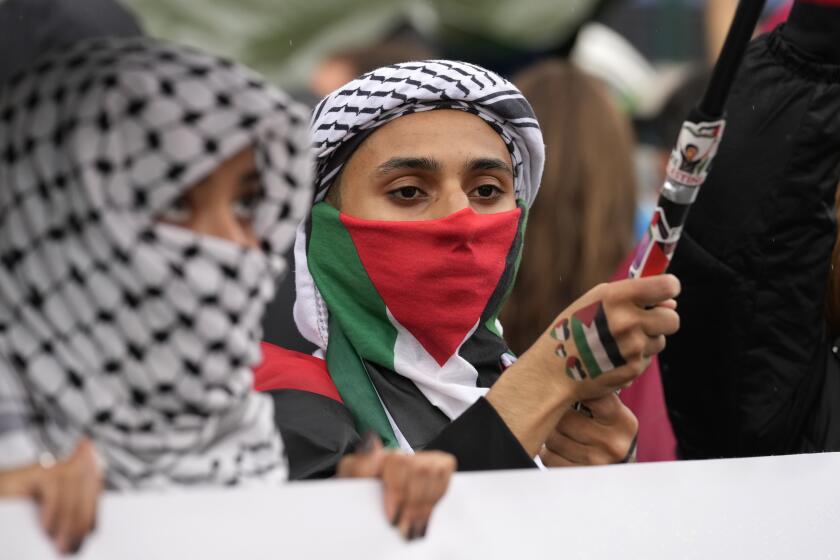Brazil demanding answers from U.S. in wake of Edward Snowden leaks

SÃO PAULO -- Brazil became the latest country to express concern about an alleged U.S. global spying program, requesting clarification from Washington after a newspaper published more documents leaked by former National Security Agency contractor Edward Snowden.
“The Brazilian government has learned with deep concern the news that electronic and telephone communications of Brazilian citizens were the subject of spying by U.S. intelligence agencies,” Foreign Minister Antonio Patriota said in a statement issued by his office.
He said Brazil contacted the U.S. through its embassy in Washington as well as the U.S. Embassy in the Brazilian capital, Brasilia, and will launch “U.N. initiatives aimed at prohibiting abuse and preventing invasion of privacy of virtual network users ... in order to ensure cyber security that protects citizens’ rights and preserves the sovereignty of all countries.”
A spokesperson for the U.S. Embassy said Monday that the U.S. government has so far made no public statement in response to the request for clarification.
The front page of Rio’s O Globo newspaper on Sunday carried a report, co-authored by the Guardian journalist Glenn Greenwald, which reproduced documents attributed to Snowden allegedly showing the number of phone calls and emails intercepted by the NSA around the world. Based on the color code on a world map, Brazil was the most monitored country in Latin America and in terms of tracked communications came just behind the United States.
The news came at an awkward time for U.S.-Brazil relations, as President Dilma Rousseff is expected to attend the first official state dinner given by President Obama in his second term, in October. The invitation was seen as a long-awaited affirmation of Brazil’s rising status, and of improved relations with the United States.
According to the map published in O Globo, Brazil has been receiving the same spying treatment as many friendly countries around the world.
“There are many more populations of non-adversarial countries which have been subjected to the same type of mass surveillance net by the NSA,” Greenwald wrote Sunday on the Guardian website. “Indeed, the list of those which haven’t been are shorter than those which have.”
The São Paulo newspaper Folha de S.Paulo quoted Brazil’s communications minister, Paulo Bernardo, as saying that Rousseff was “very worried. I’d say that she is indignant.”
Brazil has ruled out granting asylum to Snowden, who is believed to still be stuck at Moscow’s main international airport, where he has been for more than two weeks. Venezuela, Bolivia and Ecuador have all said they would consider his bid for asylum. To get to any of those countries, Snowden would most likely have to pass through Cuba, however, and while Cuban President Raul Castro has been quoted as saying he supports the countries that are offering Snowden refuge, he pointedly did not say whether the fugitive would be allowed to stop in Havana.
ALSO:
North, South Korea work on reopening industrial park
Key Egyptian religious party condemns bloodshed; death toll at 51
Brazil’s President Rousseff proposes vote on political reforms
More to Read
Sign up for Essential California
The most important California stories and recommendations in your inbox every morning.
You may occasionally receive promotional content from the Los Angeles Times.










